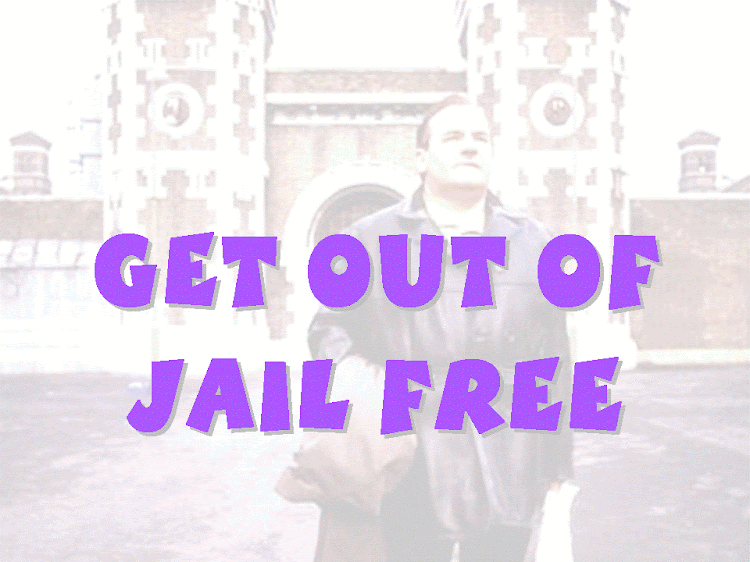
Yesterday I was blogging about the Scottish Prisoners Week theme of "More Than A Number".
It's not just the actual prisoner number that contributes to the "just-a-number-ness" of prison. There is obviously much more than that involved. When a prisoner begins his sentence, his first hours in the jail will see him "dehumanised" by the handing over of his own clothes and the donning of prison issue clothes.
In many prisons in Scotland the colour of your shirt will show which hall you have been assigned to (leading amongst other things to sex offenders being obvious to other prisoners, amongst whom they are very unpopular).
The dehumanising process of coming into prison - the "dog boxes" in the prison transport vans and the "dog boxes" in the prison reception, the allocation of a number and the change into prison uniform - known as "mortification" - is not accidental. It is deliberate and is to give offenders very firmly the message, "Right, then, sonny. You might have been a big hot-shot on the outside, top of your criminal tree. But in here you're just a number. You're the same as the rest of them. The sooner you buckle down and accept this new reality the better you will get on".
There is a certain apparent and appealing logic to this thinking, but in my humble opinion it's deeply flawed.
For every offender who needs to get this message, who's got too big for his criminal boots, I think there must be twenty others who already think they're nothing. (I've plucked the number twenty from the air - it might be a lot more). The point is that, however many offenders come in cocky and arrogant and needing humbled, many times more than that come into prison with a pick and mix of: mental health issues, addiction issues, past childhood abuse/neglect/trauma, illiteracy, social inadequacy, learning difficulties, bereavement issues and/or guilt. Far from needing mortification and dehumanisation, what they need is healing, restoration, hope, encouragement, education, healthcare, addictions support, and (to be radical)
love .
Even those offenders who do need taken down a peg are unlikely to be transformed for the better by the mortification process. It will make the hard man harder - he will be angrier with the authorities by the end of it than he was at the start, and determine that he will not let the system break him (as he sees it).
More Than A Number is a great theme for Prisoners Week. It would make a great motto for all our social interaction actually.
I posted the following a few weeks ago but feel that it fits this post too and it's so well worth repeating I'm half-thinking of printing it off and framing it!
By Judge Dennis Challeen:We want them to have self-worth
So we destroy their self-worth
We want them to be responsible
So we take away all responsibility
We want them to be positive and constructive
So we degrade them and make them useless
We want them to be trustworthy
So we put them where there is no trust
We want them to be non-violent
So we put them where violence is all around them
We want them to be kind and loving people
So we subject them to hatred and cruelty
We want them to quit being the tough guy
So we put them where the tough guy is respected
We want them to quit hanging around losers
So we put all the losers under one roof
We want them to quit exploiting us
So we put them where they exploit each other
We want them to take control of their lives, own problems and quit being a parasite...
So we make them totally dependant on us.






















